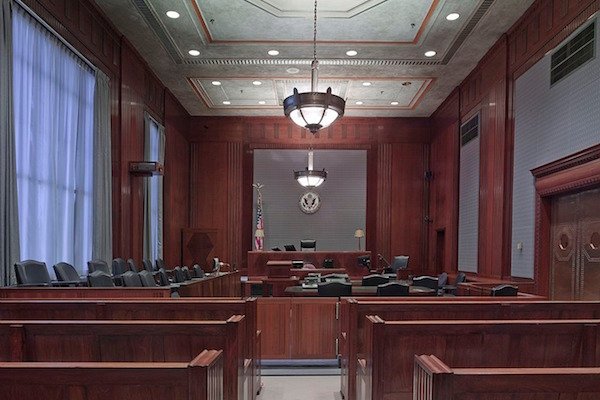Do You Need to Avoid Probate?
Probate is the legal process of presenting your Will to the Court after your death to authenticate it, and appoint your Executor. Your Executor must be appointed by the Court in order to collect and distribute your assets as stated in your Will. However, because it is a legal process, there are many steps that must be followed before your Executor can be appointed.
Posted on August 14, 2016

The attorneys must obtain signatures from your heirs signifying they agree the Will is yours, and they will not contest it. Your heirs are your spouse and children and all must agree not to contest your Will before your Executor can be appointed. If you don't have a spouse or child, probate becomes even more complicated. Even if your heir is not a beneficiary, his waiver is still required. This can be very different in second-marriage situations, if you have minor children or if you have a child you have lost contact with. If a child dies before you, then all of your deceased child’s children will have to agree not to contest your Will, but if they are under 18, the Court will need to appoint a separate attorney to represent them. The same is true if any of your heirs are legally incapacitated, such as a mentally disabled child or a spouse with Alzheimers.
The Executor will have to submit a family tree, filing fees, a petition, a death certificate and affidavits from the individuals who witnessed your Will. Upon receipt of all of the appropriate information (and if no heirs contest it), the Court will appoint the Executor.
After your Executor is appointed, estate administration begins. It is a period of time the law permits the Executor to accumulate the assets and report to the Court how he or she intends to distribute them. Once the Executor is appointed, this process may be as short as few months. However, in many cases, it can take a year or more. If you die without a will, the process is similar, but the State decides who gets your assets, not you.
Unfortunately, probate is unpredictable. That's why many people chose to avoid it, but if all of your heirs agree and your assets are centralized, it can go smoothly.
DISCLAIMER: Attorney Advertising. The information provided in this post is for informational purposes only and should not be construed as a legal advice. It is not intended to create an attorney-client relationship with a reader and should not be relied upon without first seeking professional legal counsel.
More from our blog…
What You Should Know About Long-Term Care
Research shows that roughly one in seven adults aged 65 or older will need long-term care at some point in their later years. Meanwhile, tens of millions [...]
Understanding Medicaid: What Does Medicaid Cover?
In the complex and frequently changing landscape of health care in the United States, Medicaid stands out as a vital program. Since 1965, it has [...]
Elder Financial Abuse: How an Elder Law Attorney Can Help
Elder financial abuse is a significant issue affecting many older adults nationwide. It involves someone exploiting or misusing an older person’s finances or assets for [...]
Does Medicare Cover Prescription Weight Loss Drugs?
Americans have a growing appetite for prescription drugs such as Ozempic, Wegovy, and Mounjaro. Originally developed to treat Type 2 diabetes, they are now exploding [...]
Recent blog posts

FREE WEBINAR
5 Things to Know About
Estate Planning
When You Turn Sixty-Five





